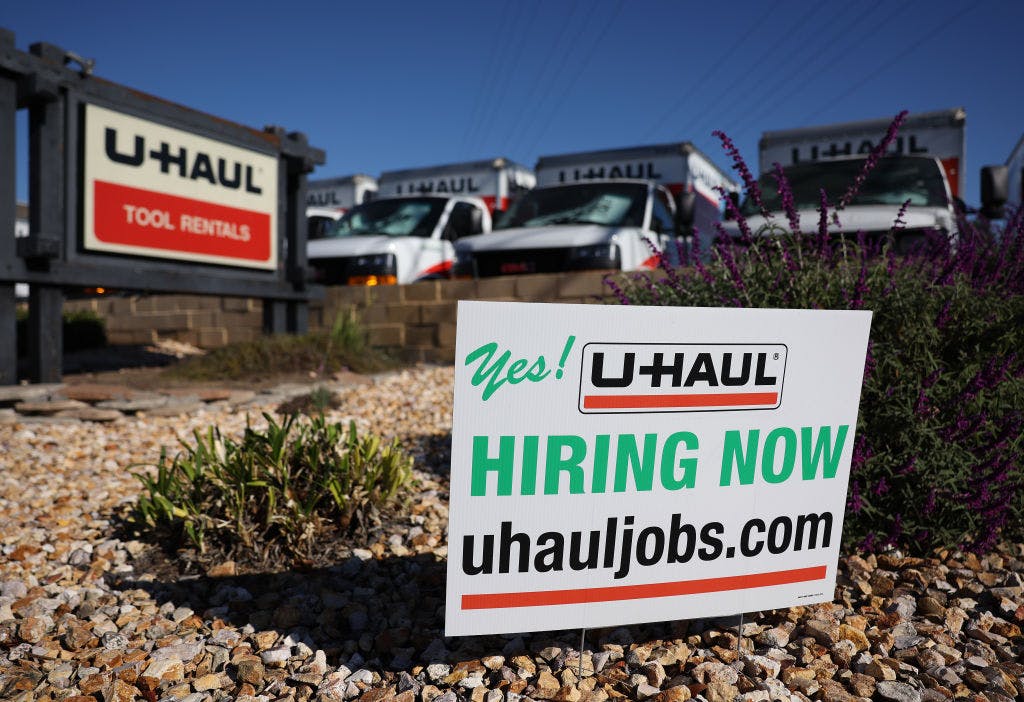
Alabama Lawmakers Consider Bill That Would Make It a Felony To Intentionally Disrupt a Church Service
By BRADLEY CORTRIGHT
|A few days after the United Nations secretary-general Guterres shook Ahmed al-Sharaa’s hands and praised his efforts at uniting all Syrians, has the world body’s chief made a call to Damascus? ‘No, he has not,’ the UN spokesman tells the Sun.

Already have a subscription? Sign in to continue reading
$0.01/day for 60 days
Cancel anytime
By continuing you agree to our Privacy Policy and Terms of Service.

By BRADLEY CORTRIGHT
|
By WILL FRIEDWALD
|
By NOVI ZHUKOVSKY
|
By NOVI ZHUKOVSKY
|
By DANIEL EDWARD ROSEN
|
By MATTHEW RICE
|
By JOSEPH CURL
|
By BRADLEY CORTRIGHT
|